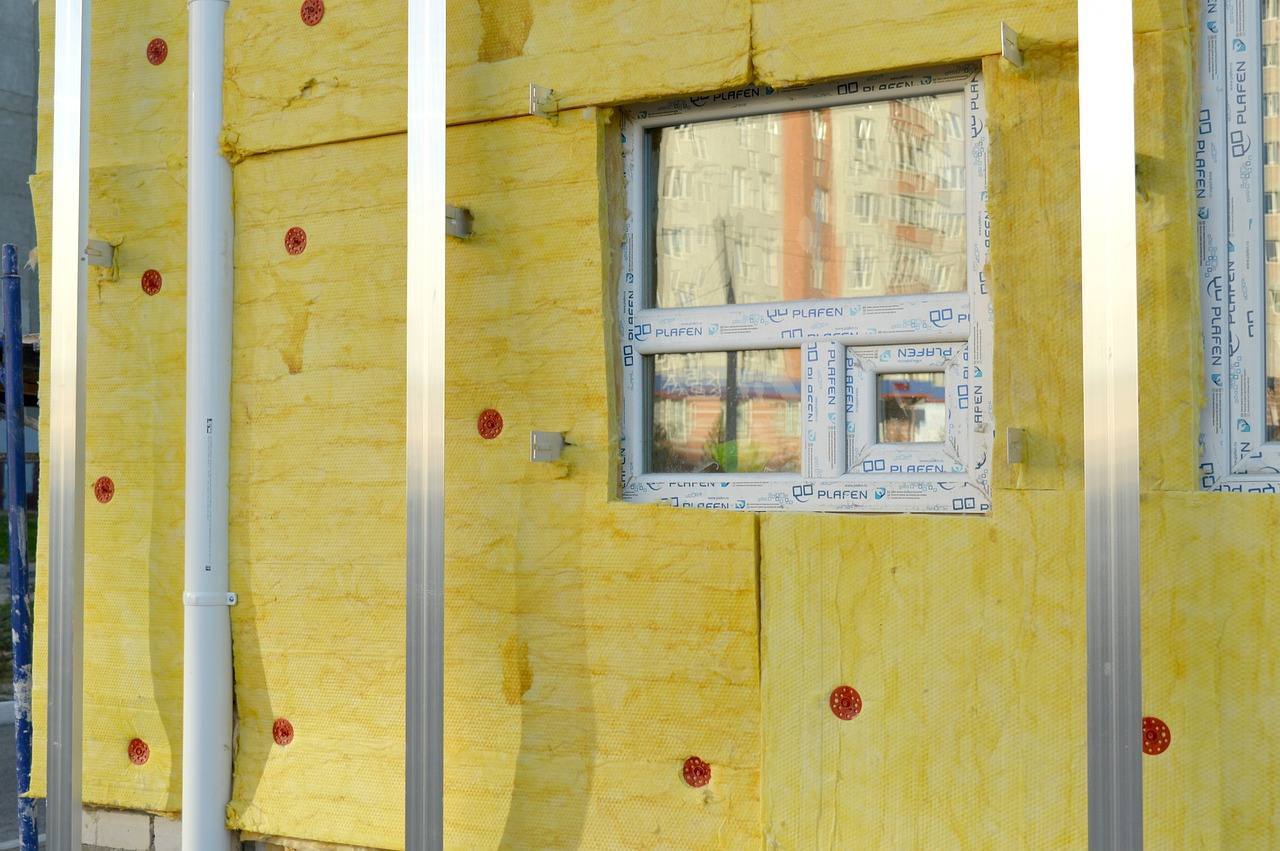*Collaboration
Good insulation is one of the best ways to cut your bills down. By stopping heat from escaping through the walls and roof, you end up using less and saving monthly.
Once insulation is installed, there are ways you can maintain it to make sure it is performing well. Here are some tips to keep your insulation as efficient as possible.

Insulation lifespan
Insulation does have a lifespan, and this differs depending on the materials and placement. Fibreglass and spray foam tend to have the longest lifespan of around 80 years as long as they remain undamaged. On the other end of the spectrum, cellulose can start to break down after roughly 25 years.
There are factors which can influence the effective lifespan such as moisture, pest damage and physical damage.
Regular inspection and maintenance
As with the rest of your house, make it a habit to regularly inspect your insulation for signs of damage. This could be from pests, wear and tear, or moisture damage. Addressing any issues quickly can prevent bigger, more costly issues.
Cavity walls, for example, are hard to visually inspect but there are signs to look out for that indicate issues. Damp or cold patches, mould or an increase in energy bills can be indicative of a failure. If the issues are significant you may need to explore cavity wall insulation claims to seek compensation for substandard work.
Addressing moisture and ventilation issues
Moisture build-up in homes is often caused by a lack of adequate ventilation. It is pretty common for houses built before 1980 to have little or no ventilation at all. Where possible, upgrade the ventilation systems at the same time as any insulation upgrades. This will ensure that there is no mismatch between the two.
There are some interim steps you can take to reduce moisture inside the home. Although it isn’t always possible, dry wet clothing outside as much as you can. If it is raining, shut them away in a room with the windows open. Extractor fans in bathrooms are also a huge help.
Upgrading old insulation
If you are in the position to upgrade your home’s insulation then there are several things to think about. You may be able to apply for government funding so check the eligibility criteria. Next, speak to a qualified home energy assessor who will make some recommendations on air sealing – insulation is less effective without this.
Speak to professional installers about the places you want to insulate and the best types of materials. It may be possible to add extra layers to existing insulation, or it may work out better in the long term to take the existing materials away and replace them.
